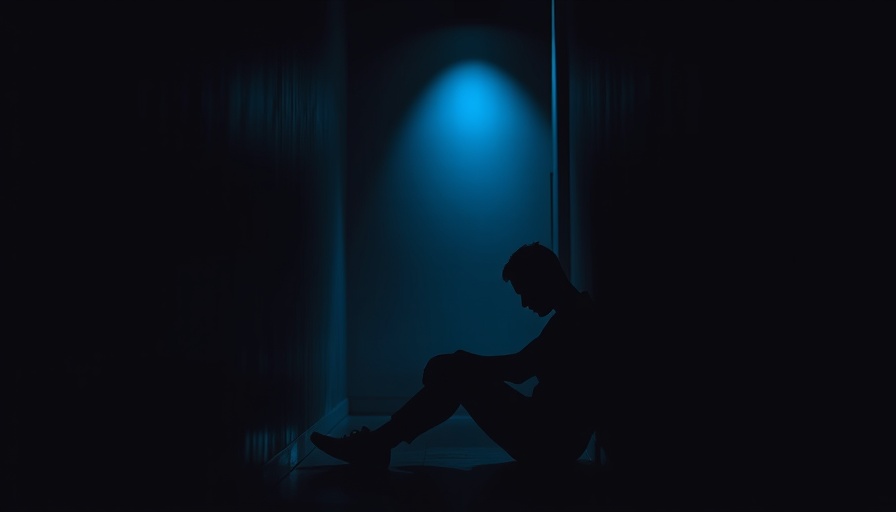
The Overlapping Crisis of Chronic Pain and Mental Health
A recent study led by researchers at Johns Hopkins Medicine reveals a concerning correlation between chronic pain and mental health issues, specifically anxiety and depression. The findings suggest that approximately 40% of adults suffering from chronic pain may also experience clinically significant levels of depression and anxiety, underscoring the critical need for integrated healthcare approaches.
Who Is Most Affected?
Analysis indicates that women, younger adults, and individuals with chronic conditions like fibromyalgia are particularly susceptible to these mental health challenges. This highlights not only the prevalence of anxiety and depression in these groups but also establishes a clear link between the physical suffering of chronic pain and its psychological impact.
Understanding the Medical Context
Chronic pain is defined as pain lasting longer than three months and can profoundly affect one’s quality of life. According to the Centers for Disease Control and Prevention, in 2021, around 20.9% of U.S. adults reported enduring chronic pain. The interplay between pain and psychological conditions is profound, as both can exacerbate each other, leading to a cyclical pattern of deteriorating health.
Why Routine Screening is Necessary
The study emphasizes an urgent need for regular screening of depression and anxiety in patients who present with chronic pain. Many patients currently do not receive appropriate assessments that could lead to better treatment outcomes. Researchers advocate for an integrated healthcare model that treats both physical pain and mental health problems concurrently, arguing that this could significantly improve patient experiences and recovery rates.
Innovative Solutions on the Horizon
Despite the challenges, there are emerging strategies and therapies aimed at addressing both chronic pain and co-occurring anxiety and depression. The research community is calling for new treatment paradigms that go beyond traditional segregation of mental and physical health services. As emphasized by Dr. Rachel Aaron, one of the lead researchers, "We need integrated treatments that address chronic pain and mental health together" to enable comprehensive care.
Understanding how to navigate this intertwined health crisis can open doors to more effective therapies and improved patient outcomes. The urgency of these findings cannot be overstated, as they not only shed light on the prevalence of co-occurring conditions but also serve as a clarion call for better healthcare solutions.
 Add Row
Add Row  Add
Add 




Write A Comment